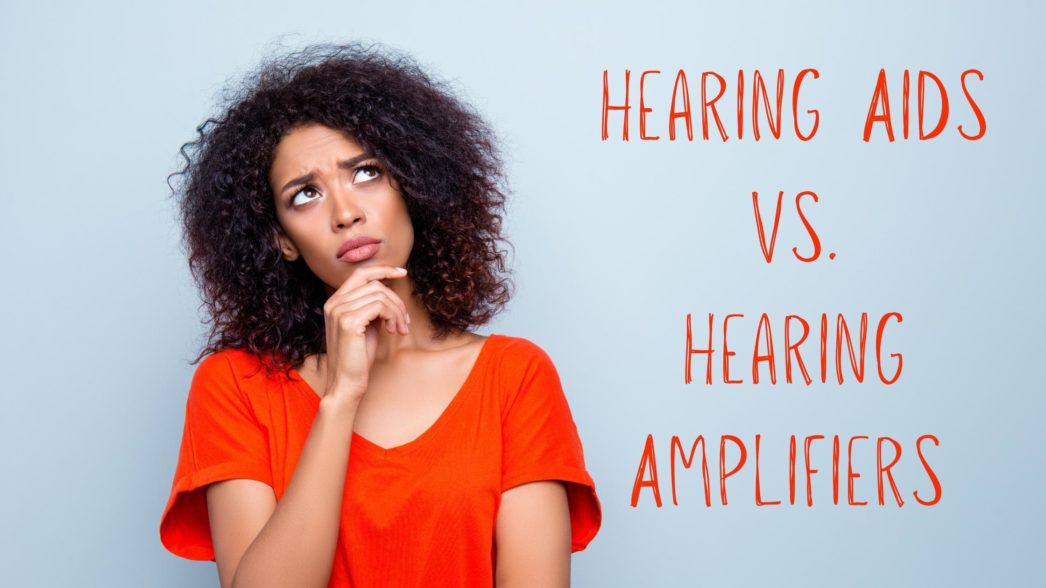Hearing aids and hearing amplifiers appear to be the same thing on the surface. Both act to increase the volume of sounds to hear them even if you have hearing loss. However, these two devices are designed to serve very distinct objectives, and one is not a substitute for the other.
Let’s look at the distinctions between these two devices and the functions they should perform. If you know what kind of help you require, you can ensure that you receive the proper therapy for your hearing loss and avoid further damage to your ears.
What are Hearing Amplifiers/PSAPs?
PSAPs, or Personal Sound Amplification Products, are handy in a variety of situations. These devices enhance all sounds in a room so that they are easier to hear.
PSAPs allow some people to hear adjacent children playing or babies crying, making childcare more responsive. Others use them for specific activities like bird watching or going to the movies. These devices have a purpose, but only those with a slight (non-clinical) hearing loss should use them. They are not, however, intended for use by people who suffer hearing loss. Hearing aids are specially intended to assist those who are deaf or hard of hearing.
What are hearing aids?
When someone has hearing loss, it rarely affects the entire audio spectrum. Some frequencies of sound can be more challenging to hear than others. Hearing loss, for example, causes a person’s capacity to hear higher frequencies to deteriorate while their ability to hear lower frequencies remains intact. This might explain why some with hearing loss cannot understand conversation yet may hear booming bass when walking past a nightclub.
Each person with hearing loss has a unique hearing profile as a result of these variances. The findings of your hearing test will be displayed in an audiogram when you visit an audiologist. This diagram illustrates which frequencies can be heard at which volume levels. Due to the customized nature of hearing loss, each person has a unique audiogram.
Hearing aids are tailored to each individual and increase the volume only on the frequencies that the person is deficient in.
Which device is best for me?
Although it may appear to be a simple answer to raise the volume of the entire surroundings with a hearing amplifier, this is not the best approach for someone who has hearing loss.
You may be able to hear things that were previously impossible to hear, but you also hear a deafening volume of noises that you can already hear. This extremely high volume may cause more harm than benefit. By turning up the level on all noises, you risk damage to your hearing in ranges where you were previously able to hear without difficulty.
Hearing amplifiers pose a risk to persons with hearing loss, prompting the Food and Drug Administration (FDA) to caution those with hearing loss not to use them as a substitute for hearing aids. Hearing aids are only intended to increase the most difficult sounds for the ears to hear, which typically includes human speech. These gadgets are incredible technological developments that can help with hearing when needed while also preventing damage to other parts of the auditory system.
It may be tempting to use hearing amplifiers to increase the volume of all sounds in a room if you have hearing loss. However, consulting a hearing specialist is the best course of action.
Treating Hearing Loss
When you visit us, the first step is to discuss the situations you have difficulty hearing. With this information in mind, our staff will conduct a thorough hearing examination to determine your unique hearing profile.
With this information, our experts can propose the best hearing equipment for you, typically hearing aids. Even within the realm of hearing aids, there are various styles and types to choose from that will fit nicely with your activities and lifestyle. Why consult with our team to take care of your hearing issues today?


